Dynamics 365 Integrated Portals
We are specialists in developing purpose-built web portals to help organisations increase engagement with customers, partners and other stakeholders.
We’ll collaborate closely with you to comprehend your needs before tailoring and implementing a Microsoft custom portal with Azure and the Power Platform.
Our solution will include integrations with Dynamics 365 and third-party providers to create seamless self-service experiences.
The Portal Company, a dedicated business delivering Microsoft web portal solutions, is part of the ServerSys group.
Discover how we can help you improve communications and enhance productivity with a custom portal that is a platform for innovation.

Web Portal Outcomes We Deliver
- Scalable custom portals built with a strong understanding of your organisation, processes, objectives, and data.
- Efficient operations through portal automation and self-service capabilities.
- Cost reduction with self-service deflecting service requests.
- Enhanced experiences with personalised data accessible on-demand.
- Seamless integrations with Dynamics 365 and your core systems, such as payment processing, ERP and third-party data providers.
- Secure access using native Azure and Microsoft Platform controls, including multi-factor authentication and custom role permissions.
- Ongoing portal innovation through regular engagement and enhancements.
Our Dynamics 365 Web Portals Include
We develop portals that enable companies to provide their customers with convenient 24/7 self-service access to address common requests.
These websites allow customers to quickly find information and get personalised assistance without delays.
For organisations, an effective portal will help drive loyalty through on-demand, efficient service.
Resources can be centralised on a knowledge base which can be augmented with an intelligent chatbot that aids customers in quickly finding answers.
Additional features like account management and support ticketing help deflect frequent requests to boost productivity.
Visit The Portal Company to learn more about how our portals can increase customer satisfaction and streamline operations.
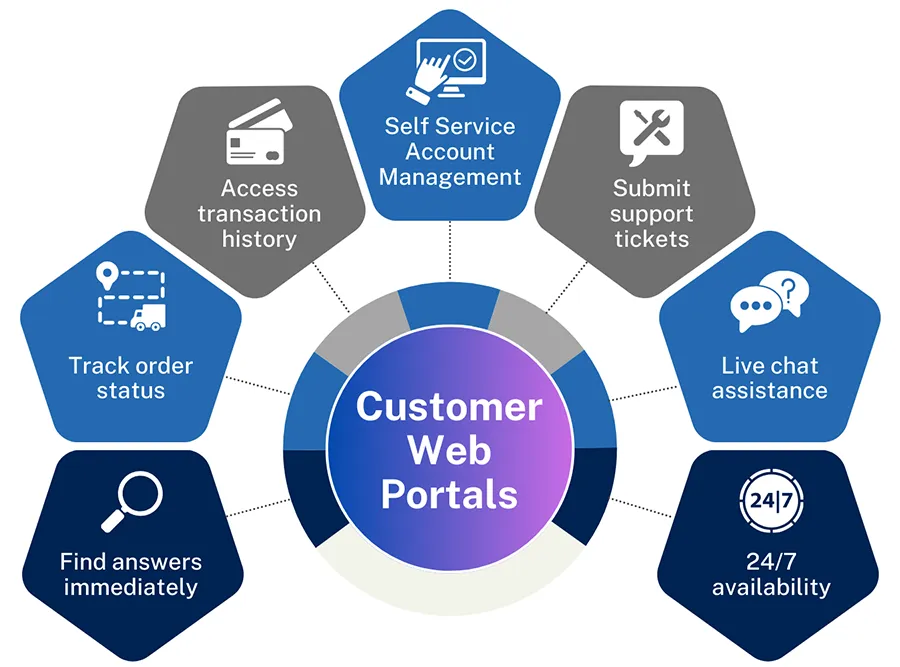
We can assist you in deploying a custom portal that serves as a central hub for your members to manage their subscriptions, make connections, and access useful resources.
Our portals offer self-service options that can include renewal payments, updating member profiles, event registrations, forum discussions, and more.
With our extensive expertise in portal integrations, we can create a customisable portal tailored to your specific needs and aligned with your processes.
Please visit our dedicated website, The Portal Company, to learn more about how our portals drive member engagement and reduce administrative overhead.
Further information: How to Amplify Member Engagement Using Modern Web Portals
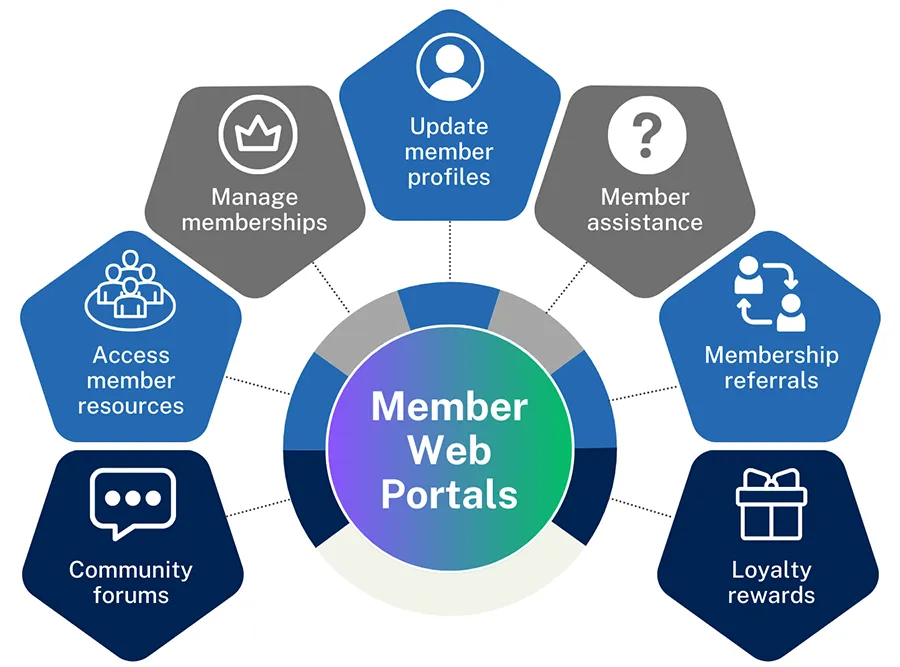
Web portals centralise communications to help organisations strengthen their partnerships.
By providing convenient self-service access, portals enable partners to easily find information, access resources and request support.
We develop portals that improve collaboration through the online sharing of leads and opportunities to boost revenue.
Our solutions also include enabling partners to register for events and access resources that increase channel engagement and knowledge-sharing.
Visit The Portal Company to learn more about how we implement intuitive portals that connect Dynamics 365 and other data sources to improve partner productivity and drive sales growth.
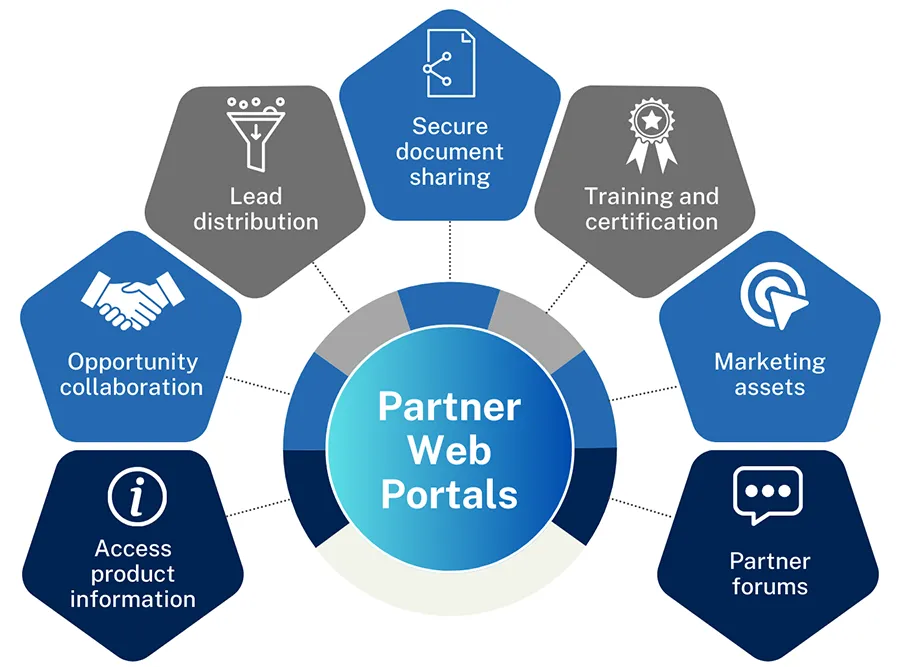
We build employee portals that provide staff with on-demand access to tools, resources, and information.
Our self-service portals are designed to reduce HR administration while enabling employees to conveniently manage their own data and preferences.
We will customise your employee portal to create a centralised platform for company news, knowledge, and training resources.
Visit our dedicated site to learn how our portal solutions integrate with HR platforms to improve team collaboration and employee engagement.
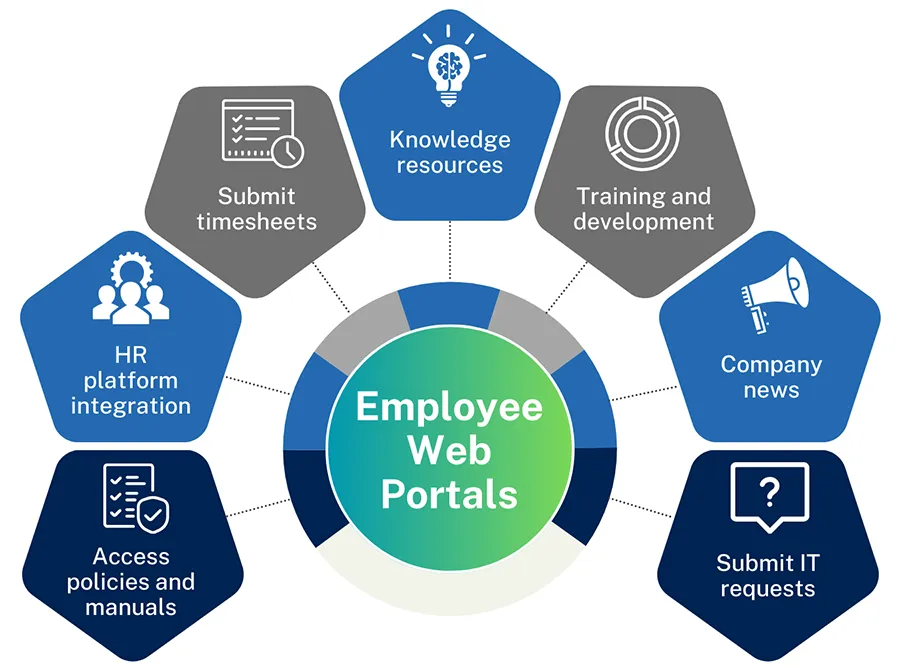
We are proud to work with...



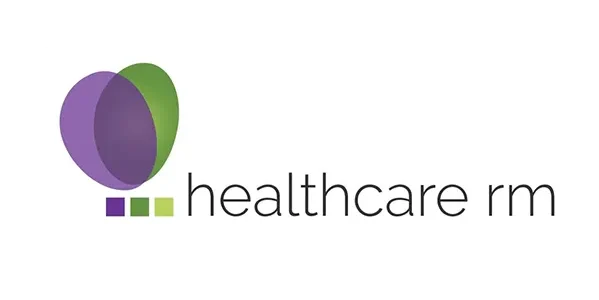


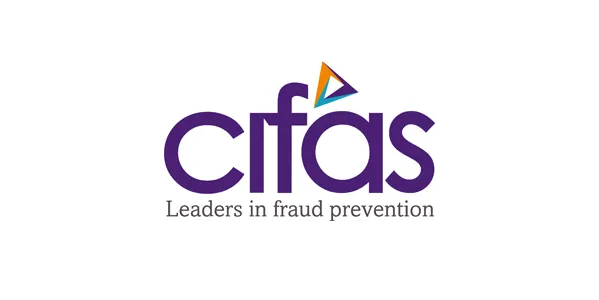

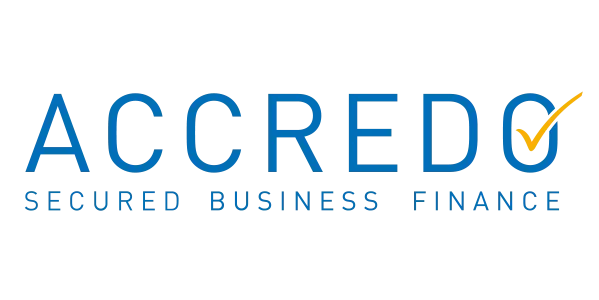



Customer Quotes
What we offer
Expertise in building highly customised Microsoft portals beyond out-of-the-box solutions.
Proficiency in configuring complex portal integrations across Microsoft apps and third-party technologies.
Proven agile methodology for swift development and deployment of integrated self-service portals.
Broad industry experience in delivering portals for organisations in finance, health services, automotive, facilities, legal and membership sectors.
Consulting approach focused on achieving your strategic goals for web portals and stakeholder engagement.
Continuing support and consultancy to make incremental portal improvements.
Web Portals: FAQs
How can a web portal improve our customer service?
By providing 24/7 access to self-service options, including knowledge base resources, your customers can quickly find answers instead of contacting support. This improves satisfaction while also freeing staff.
You can also add an intelligent Copilot bot that will intelligently respond to customer questions using your trusted knowledge resources.
What features can we include in an employee portal?
Typical features are integration with an organisation’s HR platform, internal communications, training resources and the capability to log IT support requests.
How long does it take to implement a portal?
With our agile approach, an initial portal can be live in weeks. We will then work with you iteratively to enhance this based on your feedback.
What are some examples of web portal integrations?
In addition to native integration with Microsoft products, including Dynamics 365, Business Central, Power BI and Power Automate, we have developed portals to integrate with a diverse range of solutions. These have included payment processing systems such as Stripe, Loqate address lookup and CreditSafe. We have also configured integrations using third-party APIs including, Bloomberg, Companies House, DocuSign, Dunn and Bradstreet and many more.
What technology do you use to build portals?
Our portal solutions are created using different Microsoft products. We will always propose a custom solution based on individual requirements.
In some cases, our technicians will deploy low-code, process-driven websites using Microsoft Power Pages. For more complex requirements, our team develop custom portals using Microsoft Azure.
Regardless of the complexity, we utilise Microsoft Cloud products to build, deploy, and customise web portals that are scalable and secure.
Who are The Portal Company?
The Portal Company is our specialist portal provider, part of the ServerSys group. With years of expertise, we deliver customised solutions tailored to individual business needs.
We natively use Dynamics 365 natively along with Microsoft Power Platform integrations to increase engagement through self-service portals. Our team provides ongoing support to help organisations of all sizes and industries continuously increase their portal investment. Visit theportalcompany.com to learn more about our approach.
Let’s Talk
Schedule a free initial consultation today with our portal experts. Together we will map out an effective solution fitted to your vision that integrates with your Dynamics 365 system.
Please complete the form below and one of our consultants will be in touch to as soon as possible to discuss your requirements.